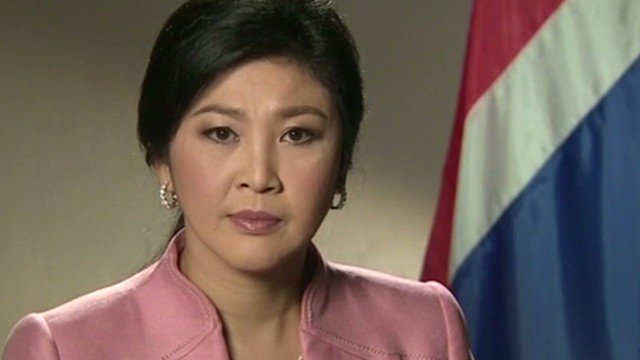Thailand’s former Prime Minister Yingluck Shinawatra has been ordered by the Supreme Court to stand trial for negligence over a controversial rice subsidy scheme.
Yingluck Shinawatra is facing a maximum prison sentence of 10 years.
It is the latest blow to the dominance of the Shinawatra family in Thai politics, after Yingluck Shinawatra was banned from politics for five years.
Her government was ousted before the military took control in a coup in May last year, after months of protests.
In January, Yingluck Shinawatra was retroactively impeached for her role in the rice subsidy scheme by a military-appointed legislature.
Thailand’s attorney general then filed criminal charges against Yingluck Shinawatra in February, accusing her of dereliction of duty.
“The panel (of judges) has decided that this case falls within our authority. We accept this case,” said Judge Veeraphol Tangsuwan at the Supreme Court in Bangkok. The first hearing will be held on May 19.

The scheme paid rice farmers in the rural areas – the Shinawatra support base – twice the market rate for their crops, in a program that cost the government billions of dollars.
Yingluck Shinawatra says she was not involved in the scheme’s day-to-day operations, and has defended it as an attempt to support the rural poor.
The rice scheme was a factor in the street protests that led to the ousting of Yingluck Shinawatra’s government and the subsequent military coup.
It was the latest turn in the political turbulence that began when Yingluck Shinawatra’s brother, Thaksin Shinawatra, was removed by a previous coup in 2006.
Thaksin Shinawatra now lives in self-imposed exile. But the influence of the family persists, with parties allied to the Shinawatras winning every election since 2001.
Shinawatras are loved in the rural north for their populist policies, but hated by Thailand’s elite who accuse them of corruption.
